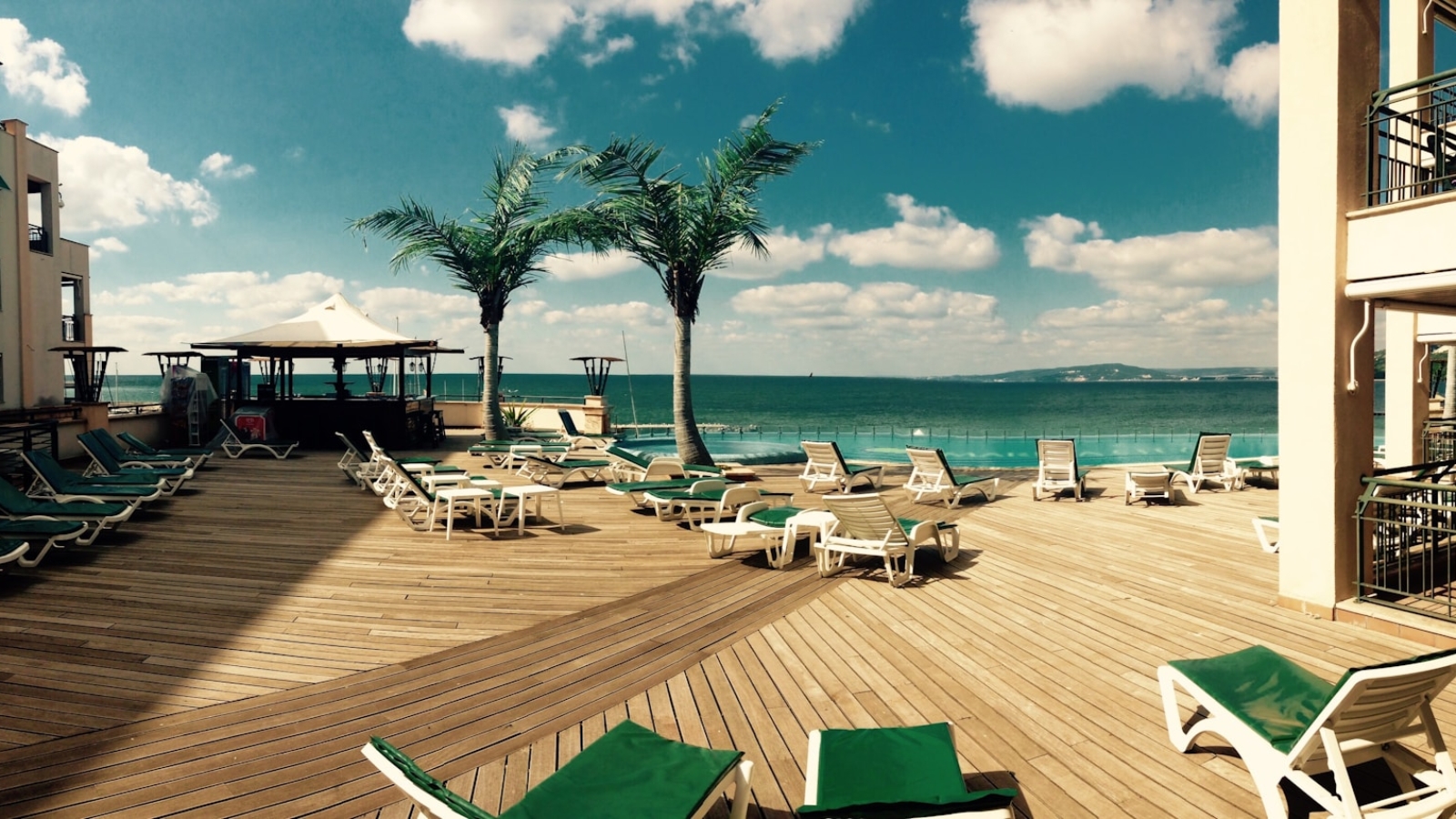In the highly competitive world of hospitality, standing out online is more important than ever. With travelers relying heavily on search engines to find hotels, resorts, and other accommodations, having a strong SEO strategy is essential for success. While basic SEO tactics can get you started, advanced, next-level SEO strategies will help your hospitality business outperform competitors and increase your online visibility.
This guide explores proven SEO techniques specifically designed for the hospitality industry to help you dominate search engine results and drive more traffic to your website.
Advanced Keyword Research: Going Beyond the Basics
Effective keyword research is the foundation of any SEO strategy, but to truly outrank competitors, you need to dig deeper and target both broad and long-tail keywords. Long-tail keywords (more specific phrases) are often less competitive but can drive highly qualified traffic to your website.
Pro Tips:
- Use semantic search: Tools like LSI Graph and Google’s Related Searches will help you find semantically related keywords that resonate with users’ intent.
- Focus on local search terms: Incorporate location-based keywords such as “luxury hotels in [city]” or “best beach resorts near [destination].”
- Identify competitor keywords: Use tools like Ahrefs or SEMrush to analyze your competitors’ top-performing keywords, and identify gaps in your own strategy.
Optimize for Featured Snippets and Voice Search
With voice search on the rise and featured snippets becoming a dominant search result feature, optimizing your content to appear in these positions is essential for visibility.
How to rank for Featured Snippets:
- Answer specific questions: Focus on creating content that answers common travel-related questions clearly and concisely.
- Use bullet points or numbered lists: Search engines tend to pull lists from well-structured content for featured snippets.
- Leverage FAQs: Include frequently asked questions and direct answers in your content to increase your chances of being featured.
Optimize for voice search:
- Voice search queries are typically longer and more conversational. Focus on answering queries in a natural, question-based format, such as “What are the best luxury hotels in [city]?”
Improve Core Web Vitals and Page Speed
Google’s Core Web Vitals (a set of performance metrics including loading speed, interactivity, and visual stability) are now a critical ranking factor. For hospitality businesses, a fast and seamless website is essential to keep visitors engaged and reduce bounce rates.
Techniques to improve Core Web Vitals:
- Optimize images: Compress images without losing quality to improve page load speed. Use modern formats like WebP for faster image loading.
- Use lazy loading: Implement lazy loading for images and videos to speed up page rendering.
- Minify JavaScript and CSS: Reduce the size of your website’s code to improve loading times.
- Mobile optimization: With more guests searching and booking on mobile devices, ensure your website is fully responsive and easy to navigate on all screen sizes.
Local SEO: Capitalize on Local Listings and Citations
Local SEO is crucial for hospitality businesses, especially those targeting guests from specific regions. Optimizing your Google My Business (GMB) profile and ensuring consistent NAP (Name, Address, Phone Number) information across local listings can significantly boost your search rankings for local queries.
How to improve local SEO:
- Complete your GMB profile: Add your hotel’s address, phone number, business hours, high-quality images, and a compelling description.
- Encourage guest reviews: Positive reviews on Google, TripAdvisor, Yelp, and other platforms are critical for local SEO. Respond to reviews to show that you value guest feedback.
- Local backlinks: Build backlinks from local businesses, event venues, and tourism sites to increase your authority in your area.
Create High-Quality, Engaging Content
Content is king in SEO, and this holds true for the hospitality industry. To outrank competitors, your content needs to be not only keyword-optimized but also valuable, engaging, and shareable.
Content strategies for hospitality SEO:
- Destination guides and travel blogs: Create informative content about the local area, including travel guides, top attractions, restaurants, events, and more.
- Guest testimonials and user-generated content: Highlight positive guest experiences through reviews, case studies, and photo galleries.
- Video content: Create videos that showcase your hotel’s amenities, rooms, and unique features. Video content has a higher chance of being shared and ranked.
- Interactive content: Consider offering quizzes, booking calculators, or interactive maps to engage users and keep them on your site longer.
Link Building: Quality Over Quantity
Backlinks from authoritative sites are one of the most important ranking factors in SEO. However, instead of focusing on acquiring numerous low-quality backlinks, prioritize quality over quantity by targeting high-authority websites within the travel and hospitality industry.
Effective link-building strategies:
- Partner with local businesses and influencers: Collaborate with local attractions, restaurants, and travel bloggers to get backlinks.
- Guest blogging: Write guest posts for well-known travel and hospitality websites to build brand awareness and get valuable backlinks.
- Content promotion: Share your content on social media, travel forums, and industry-specific platforms to increase its chances of being linked by authoritative sources.
Leverage Social Media Signals
While social media activity doesn’t directly impact search rankings, it plays a role in driving traffic to your website and generating engagement. Social signals, such as shares, likes, and comments, indirectly influence your SEO by increasing brand awareness and the likelihood of earning backlinks.
Tips to leverage social media for SEO:
- Share local content: Post content about local events, attractions, and experiences to engage users and drive traffic to your website.
- Use geo-tagging: Geo-tag your social media posts to increase visibility in local searches.
- Encourage guests to share: Encourage your guests to share their experiences on social media and tag your hotel in their posts.
Measure and Analyze SEO Performance
To ensure your SEO efforts are paying off, regularly monitor your performance using tools like Google Analytics, Google Search Console, and SEMrush. Tracking your keyword rankings, organic traffic, bounce rates, and conversions will help you identify areas for improvement and adjust your strategy accordingly.
Key metrics to track:
- Organic traffic growth: How much traffic is coming from search engines?
- Keyword rankings: Are you ranking for the target keywords?
- Conversion rates: How many visitors are booking rooms through your website?
- Bounce rate: Are visitors engaging with your site or leaving quickly?

